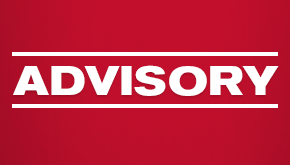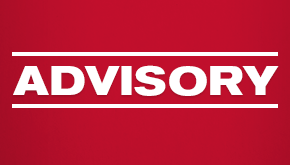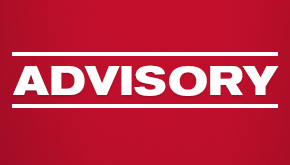Proposed Regulations Regarding Amendments to the Violence Against Women Act Impose Significant New Obligations on Colleges and Universities
On June 20, 2014, the U.S. Department of Education issued proposed regulations regarding Amendments to the Violence Against Women Act of 2013. These proposed regulations are quite lengthy and can be found at online at http://federalregister.gov/a/2014-14384, and at 79 FR 35418. While the final regulations may possibly differ in some respects, we recommend that colleges and universities take steps now to comply with these proposed rules. This will demonstrate their good faith efforts to prevent violence against women given the Department of Education’s strong emphasis upon this issue and the upcoming October 2014 Clery Act reporting requirements.
We stand ready to assist our college and university clients in complying with these new regulations and related Clery Act and Title IX requirements.
A summary of the major proposed provisions is set forth below. The regulations contain additional details.
- Require institutions to maintain statistics about the number of incidents of dating violence and domestic violence, sexual assault, and stalking that meet the proposed definitions of those terms.
- Revise the definition of “rape” to reflect the Federal Bureau of Investigation's (FBI) recently updated definition in the UCR Summary Reporting System, which encompasses the categories of rape, sodomy, and sexual assault with an object that are used in the UCR National Incident-Based Reporting System.
- Revise the categories of bias for the purposes of Clery Act hate crime reporting requirement to add gender identity and to separate ethnicity and national origin into independent categories.
- Require institutions to provide and describe in their annual security reports primary prevention and awareness programs to incoming students and new employees. These programs must include: a statement that the institution prohibits the crimes of dating violence, domestic violence, sexual assault, and stalking; the definition of these terms in the applicable jurisdiction; the definition of consent, in reference to sexual activity, in the applicable jurisdiction; a description of safe and positive options for bystander intervention; information on risk reduction; and information on the institution's policies and procedures after a sex offense occurs.
- Require institutions to provide and describe in their annual security reports ongoing prevention and awareness campaigns for students and employees. These campaigns must include the same information as in the institution's primary prevention and awareness program.
- Define the terms “awareness programs,” “bystander intervention,” “ongoing prevention and awareness campaigns,” “primary prevention programs,” and “risk reduction.”
- Require institutions to describe each type of disciplinary proceeding used by the institution; the steps, anticipated timelines, and decision-making process for each type of disciplinary proceeding; and how the institution determines which type of proceeding to use based on the circumstances of an allegation of dating violence, domestic violence, sexual assault, or stalking.
- Require institutions to list all of the possible sanctions that the institution may impose following the results of any institutional disciplinary proceedings for an allegation of dating violence, domestic violence, sexual assault, or stalking.
- Require institutions to describe the range of protective measures that the institution may offer following an allegation of dating violence, domestic violence, sexual assault, or stalking.
- Require institutions to provide for a prompt, fair, and impartial disciplinary proceeding in which (1) officials are appropriately trained and do not have a conflict of interest or bias for or against the accuser or the accused; (2) the accuser and the accused have equal opportunities to have others present, including an advisor of their choice; (3) the accuser and the accused receive simultaneous notification, in writing, of the result of the proceeding and any available appeal procedures; (4) the proceeding is completed in a reasonably prompt timeframe; (5) the accuser and accused are given timely notice of meetings at which one or the other or both may be present; and (6) the accuser, the accused, and appropriate officials are given timely access to information that will be used after the fact-finding investigation but during informal and formal disciplinary meetings and hearings.
- Define the terms “proceeding” and “result.”
- Specify that compliance with these provisions does not constitute a violation of section 444 of the General Education Provisions Act (20 U.S.C. 1232), commonly known as the Family Educational Rights and Privacy Act of 1974 (FERPA).


































